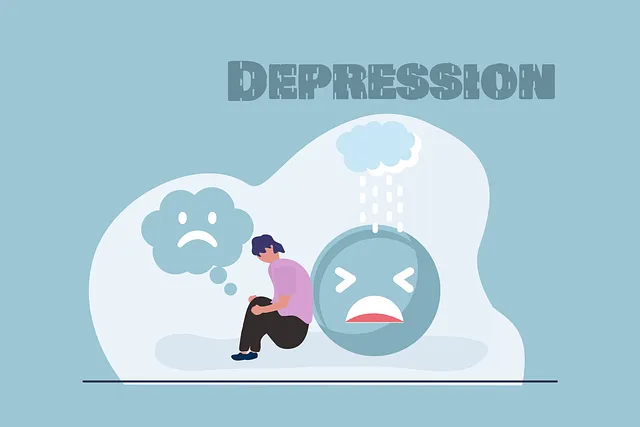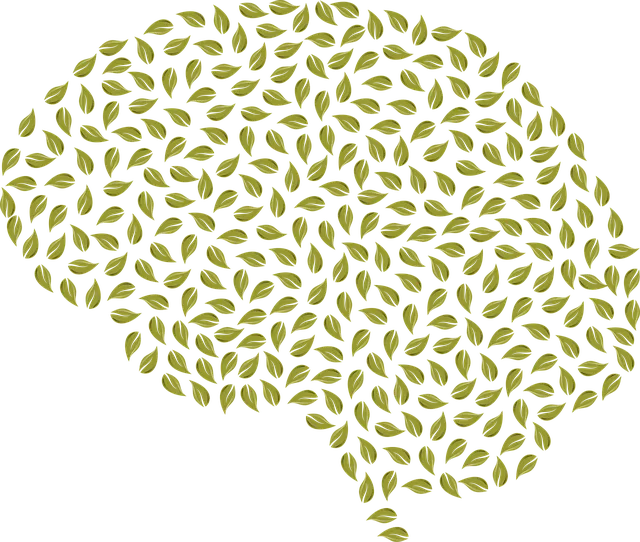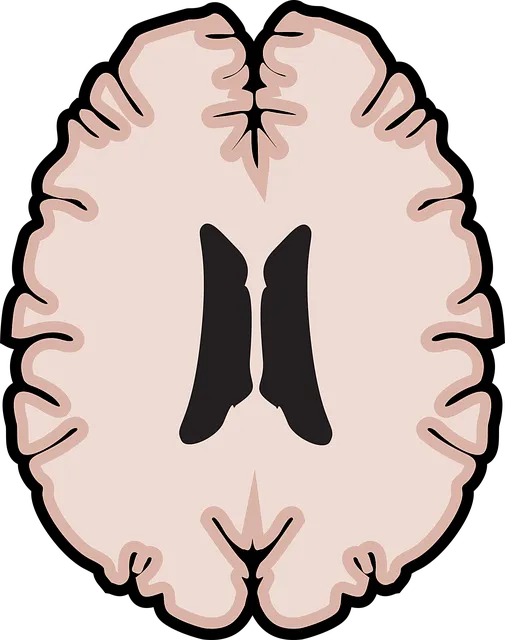Kaiser Permanente Lafayette offers comprehensive mental health services with Crisis Intervention Team (CIT) training programs. These equip individuals to de-escalate crises, manage stress through journaling, and cultivate compassion. The holistic approach benefits both crisis situations and community resilience, addressing the need for accessible mental health resources. CIT training strengthens community response systems, improves individual emotional well-being, and reduces stigma, with proven success stories.
“Crisis intervention team (CIT) training programs are vital for communities seeking to enhance their response to mental health crises. This article explores the importance of such training, focusing on Kaiser Permanente’s Mental Health Services in Lafayette as a notable example. We’ll delve into the benefits of professional CIT programs, dissect key components of effective training, and present real-world success stories that underscore the profound impact these initiatives can have. By understanding these aspects, communities can better navigate crises and support individuals in need.”
- Understanding Crisis Intervention Team Training
- Kaiser Permanente's Mental Health Services in Lafayette
- Benefits of Professional Crisis Training Programs
- Key Components of Effective CIT Training
- Real-World Impact and Success Stories
Understanding Crisis Intervention Team Training

Crisis Intervention Team (CIT) training programs are designed to equip individuals with the skills needed to effectively respond to and de-escalate crisis situations, particularly those involving people experiencing mental health challenges. These programs focus on fostering empathy, enhancing communication, and promoting safe interventions. CIT members learn self-care practices and compassion cultivation techniques to ensure they can provide quality support without compromising their well-being.
Kaiser Permanente, a renowned healthcare provider, offers comprehensive mental health services in various locations, including Lafayette. Their CIT training programs emphasize the importance of community involvement and early intervention. By incorporating Mental Wellness Journaling Exercise Guidance, participants gain insights into managing stress and improving mental wellness. This holistic approach not only benefits individuals in crisis but also contributes to building resilient communities where everyone has access to necessary mental health resources.
Kaiser Permanente's Mental Health Services in Lafayette

Kaiser Permanente, a renowned healthcare provider, offers comprehensive mental health services in Lafayette, addressing the crucial need for emotional support in the community. Their approach focuses on providing accessible and culturally competent care to all individuals seeking help. The organization recognizes the importance of navigating mental illness with sensitivity and has implemented various programs to reduce the stigma associated with it.
Through their Mental Health Services, Kaiser Permanente trains and supports a dedicated crisis intervention team. This team is equipped with the necessary skills to handle emotional regulation challenges and offer evidence-based interventions. By prioritizing cultural competency training, they ensure that their staff can connect effectively with diverse populations, fostering an inclusive environment for those struggling with mental health issues.
Benefits of Professional Crisis Training Programs

Professional crisis intervention team training programs offer a multitude of benefits for individuals and organizations alike. One of the key advantages is enhanced capability to handle mental health crises effectively, such as those offered by Kaiser Permanente’s services in Lafayette. These programs equip participants with specialized skills in emotional healing processes, enabling them to provide immediate and compassionate support to those in distress. By learning evidence-based techniques, teams can de-escalate situations, promote stability, and facilitate recovery.
Moreover, structured training contributes to burnout prevention by fostering a culture of resilience and mutual aid within the team. Participants develop coping strategies and learn how to recognize signs of stress or fatigue in themselves and colleagues, ensuring timely intervention. Additionally, these programs emphasize cultural sensitivity in mental healthcare practice, allowing teams to offer tailored support that respects diverse backgrounds and experiences. Such comprehensive training ultimately strengthens community response systems, making them better equipped to address the growing demand for mental health services.
Key Components of Effective CIT Training

Effective crisis intervention team (CIT) training programs are multifaceted, encompassing a range of essential components to prepare teams for real-world challenges. Firstly, they prioritize education on mental health literacy, equipping participants with the knowledge to recognize and understand various psychological conditions, including depression prevention strategies. This foundation enables CIT members to de-escalate situations more effectively.
Secondly, these programs focus on emotional resilience and self-care techniques, crucial for managing stress and maintaining composure during critical incidents. By integrating mood management practices, participants learn to regulate their own emotions while providing support to others. Additionally, training should promote self-esteem improvement techniques, fostering an environment where individuals feel empowered to handle crisis situations with confidence. Kaiser Permanente’s mental health services in Lafayette exemplify such comprehensive approaches, ensuring community members receive the best possible care during times of crisis.
Real-World Impact and Success Stories

The real-world impact of crisis intervention team (CIT) training programs is a powerful testament to their effectiveness. These initiatives, like those offered by organizations such as Kaiser Permanente in Lafayette, have been instrumental in equipping individuals with the skills to handle mental health crises. Success stories abound, showcasing improved outcomes for both those receiving support and the responders themselves. For instance, participants in CIT programs often report enhanced confidence in their ability to recognize signs of distress and provide timely Trauma Support Services.
One notable aspect of these training programs is their focus on Self-Care Routine Development for Better Mental Health. By teaching individuals stress reduction methods, CIT training empowers people to manage their own mental well-being more effectively. This proactive approach not only benefits individuals in the program but also contributes to a broader culture of resilience and emotional support within communities. The positive effects extend beyond crisis situations, as participants often integrate learned techniques into their daily lives, leading to overall improved mental health and reduced instances of acute crises that require immediate intervention.
Crisis Intervention Team (CIT) training programs play a vital role in equipping individuals with the skills to handle mental health crises effectively. As highlighted by Kaiser Permanente’s successful mental health services in Lafayette, professional CIT training equips community members to recognize and respond appropriately to those experiencing emotional distress. By understanding key components such as de-escalation techniques and crisis assessment, trainees can make a tangible difference in their communities. The real-world impact of these programs is evident through numerous success stories, demonstrating the importance of widespread CIT training for improving mental health support and public safety.






